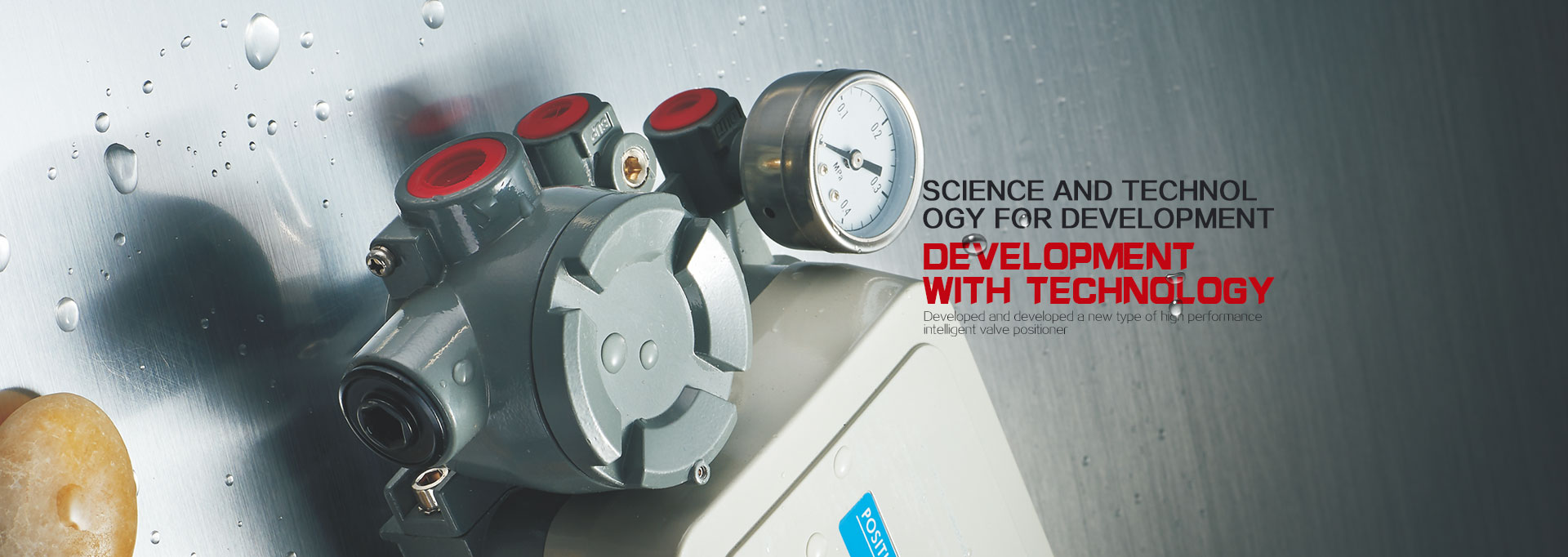New Groundwater Quality Regulations will be implemented on May 1
[ China Chemical Instrument Network Policy and Regulations ] The construction of the automatic surface water monitoring station is still underway. However, the groundwater monitoring project has reached an important stage of maintenance. According to the news released by China Tendering Network, the National Institute of Geological Survey budgeted 20,193.43 million yuan for the maintenance of 10,168 groundwater monitoring stations for the national groundwater monitoring projects in various provinces and cities and the collection of routine index samples.
One-third of the total water resources in China is groundwater. However, according to statistics, 90% of China’s groundwater has suffered from various degrees of pollution, and about 60% of the groundwater has been seriously polluted. Among them, groundwater nitrogen pollution and heavy metal pollution are serious, organic pollution begins to appear prominent, groundwater pollution appears from shallow to deep, from point to surface development trend, and the main cause of pollution is the infiltration of contaminated surface water into the underground aquifer. . Compared with surface water, groundwater quality monitoring is more concealed and sampling is more difficult.
In order to deal with the crisis of groundwater quality pollution, in 2017, the country has completed the construction of 16 key monitoring areas, a national groundwater monitoring center, 7 watershed monitoring centers, 63 provincial monitoring centers, and 20401 groundwater monitoring stations. And form a national groundwater information center that integrates groundwater information collection, transmission, processing and analysis, and information services. It can realize dynamic and effective monitoring of groundwater throughout the country and provide scientific basis and decision-making for rational development of groundwater resources and prevention and control of land subsidence. stand by.
At the same time, in response to the emerging problems in groundwater monitoring, the Ministry of Land and Resources revised the Groundwater Quality Standard (GB/T14848-2017) in October 2017, which was approved by the AQSIQ and the National Standardization Management Committee. The standard was implemented on May 1, 2018.
For groundwater monitoring companies, it should be noted that compared to the old version of Groundwater Quality Standards, the new quality standards have also been changed. The Groundwater Quality Standard (GB/T14848-2017) divides groundwater quality indicators into conventional and unconventional indicators, and further subdivides the physical and chemical properties, and stipulates the classification of groundwater quality, indicators, limits, and groundwater quality surveys. The monitoring and groundwater quality assessments are applicable to the investigation, monitoring, evaluation and management of groundwater quality.
Specifically, the new standard increased the number of indicators, and the water quality index increased from 39 to 93, a total of 54 items were added, of which 47 were organic pollution indicators, and the sensory traits and general chemical indicators were increased from 17 items to 20 items. Aluminum, sulphide and sodium were added. At the same time, 20 index classification limits have been adjusted, and 19 indicators have been directly used to classify limits; the comprehensive evaluation provisions have been reduced, making the new standard more adaptable.
In addition, the water quality monitoring and analysis instruments mentioned in the new edition of Groundwater Quality Standards include Atomic Absorption Spectrometry (AAS) and Inductively Coupled Plasma-Optical Emission Spectrometer (ICP-OES) Inductively Coupled Plasma Mass Spectrometry (ICP-MS). UV spectrophotometer (UV), gas chromatography (GC), liquid chromatography (LC), gas chromatography mass spectrometry (GC-MS) and liquid chromatography mass spectrometry (LC-MS) and so on.
Groundwater, as an important part of water resources, is of great significance. Groundwater monitoring companies should pay attention to relevant policies and tender announcements issued, and seize the opportunity to take a higher level!







